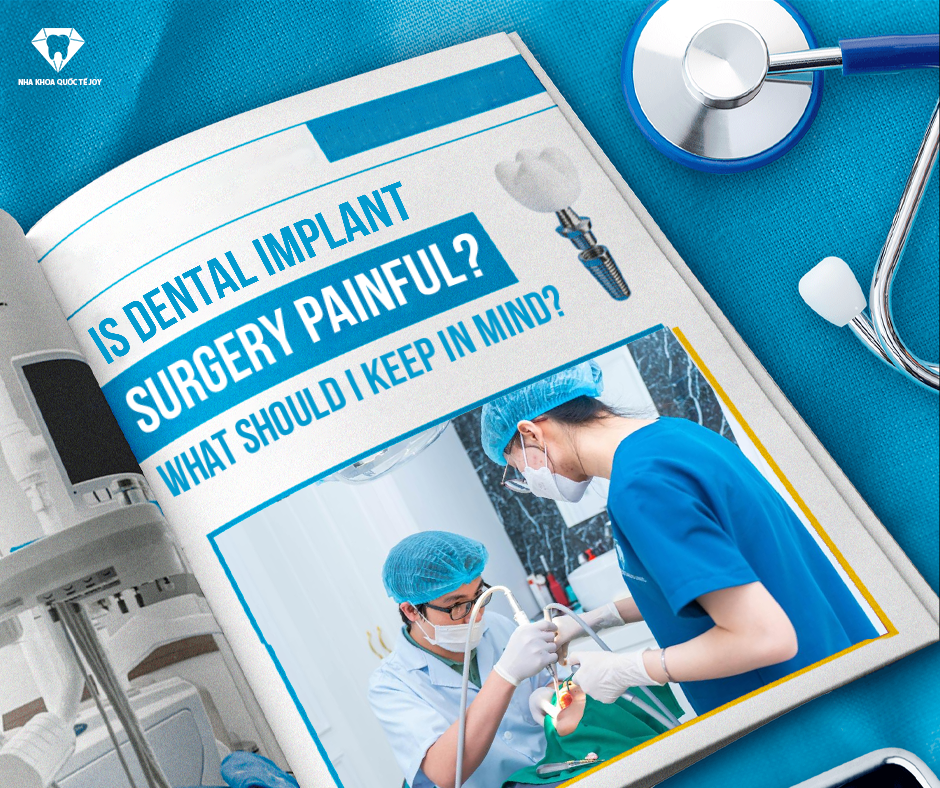Does Dental Implant Hurt? This is a question that many people are concerned about and worried about. However, with today’s advanced and modern technology, dental implant surgery has become much simpler and more comfortable. The procedure can minimize pain to the greatest extent possible. Let’s explore this topic in detail with Joy International Dental Clinic.
1.Does Dental Implant Hurt?
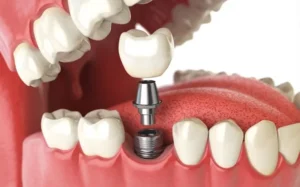
Dental implant surgery is considered one of the most advanced and modern dental restoration methods today. With this technique, you can restore lost teeth in a durable and long-lasting way. However, many people still wonder whether the procedure and recovery process cause pain.
In reality, the level of pain experienced during implant placement varies from person to person, depending on individual pain tolerance. However, thanks to modern technological support, discomfort is minimized as much as possible. Therefore, you do not need to worry excessively when deciding to get dental implants.
2. Factors That Influence Pain Levels in Dental Implant Surgery
2.1 Does Dental Implant Hurt cause The Skill and Expertise of the Dentist

One of the most critical factors determining whether the procedure is painful is the skill level of the dentist. A highly skilled and experienced dentist will perform precise and gentle techniques, minimizing soft tissue trauma. This ensures a smoother and more comfortable implant placement process.
On the other hand, if an inexperienced dentist performs the procedure, there is a higher risk of errors, which could lead to more pain and affect the healing process negatively.
2.2 The Quality of Equipment and Technology Used
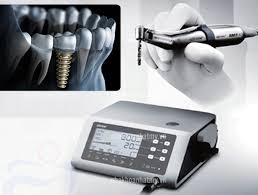
Modern dental technology also plays a crucial role in reducing pain during implant surgery. Advanced equipment, such as CT Cone Beam scanners and modern anesthesia techniques, ensures a successful and less painful procedure.
2.3 The Quality of the Implant Used
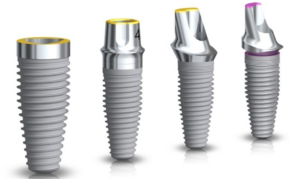
The type of implant you choose also affects the level of discomfort and healing time. High-quality implants designed to be biocompatible with the jawbone help reduce discomfort and promote faster healing. Conversely, opting for lower-quality implants can result in prolonged healing and increased discomfort.
3. How Does the Dental Implant Procedure Work?
Full-mouth dental implants involve a complex process requiring precision and strict sterilization protocols. The procedure typically follows these steps:
Step 1: Examination and Consultation First, the dentist will conduct a comprehensive oral examination, including X-rays or CT Cone Beam scans, to assess your jawbone density. Based on these results, they will determine the best treatment plan for you.
Step 2: Treatment Planning After evaluating your jawbone and overall health, the dentist will develop a personalized treatment plan. This includes determining the number of implants needed, their placement, and the type of crown that will best suit your needs. In cases where severe bone loss has occurred, a bone graft may be required before the implant placement.
Step 3: Implant Surgery During the procedure, local anesthesia will be administered to ensure a pain-free experience. A sterile environment is maintained throughout the surgery. The dentist will then place the implant into the predetermined position within the jawbone. The procedure typically takes 1 to 2 hours per implant.
Step 4: Crown Placement Once the implant has fully integrated with the jawbone, the dentist will take impressions and design a custom crown that matches your natural teeth. The final step involves securely attaching the crown to the implant, completing the restoration process.
4. How Long Does Recovery Take After a Dental Implant Procedure?
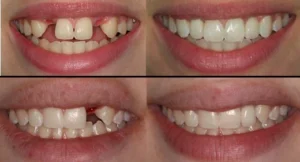
Recovery time varies depending on several factors, such as individual healing capacity, the type of implant used, and the complexity of the procedure. The healing process generally follows these stages:
3 – 7 Days Post-Surgery: The gums begin to heal. Some patients may experience mild discomfort or swelling at the implant site. However, with proper care, these symptoms gradually subside.
2 – 3 Weeks Post-Surgery: The soft tissues around the implant are nearly healed. At this stage, you can eat more comfortably but should still avoid hard or chewy foods that could strain the healing site.
3 – 6 Months Post-Surgery: This is the crucial period during which the implant integrates with the jawbone. If you have a strong immune system and use high-quality implants, this process may occur more quickly. Once complete integration is confirmed, the dentist will proceed with placing the final crown.
5. Effective Methods to Reduce Pain After Implant Surgery
Although dental implant surgery is designed to be as painless as possible, some patients may still experience mild discomfort after the anesthesia wears off. Here are some effective pain relief methods:
5.1 Applying Cold Compresses

During the first 24 hours post-surgery, use an ice pack wrapped in a clean cloth and apply it gently to the cheek near the implant site. This helps reduce swelling and alleviate discomfort quickly.
5.2 Taking Pain Relievers as Prescribed
If you experience discomfort, you may take pain relievers such as paracetamol or ibuprofen as directed by your dentist. Avoid taking antibiotics or anti-inflammatory drugs without professional guidance to prevent adverse reactions.
5.3 Eating Soft Foods
In the initial days after surgery, opt for soft foods such as porridge, soup, milk, and smoothies to prevent excessive pressure on the implant site. Also, avoid overly hot, spicy, or acidic foods that could irritate the healing tissues.
5.4 Maintaining Proper Oral Hygiene

Gently rinse your mouth with saline solution or a dentist-recommended mouthwash to keep the implant site clean and reduce the risk of infection.
Conclusion
Joy International Dental Clinic has provided you with insights into whether dental implant surgery is painful. The level of discomfort depends on various factors, such as individual pain tolerance, dentist expertise, and implant quality. While pain cannot be entirely avoided, it can be effectively minimized through proper post-surgery care and lifestyle adjustments.

